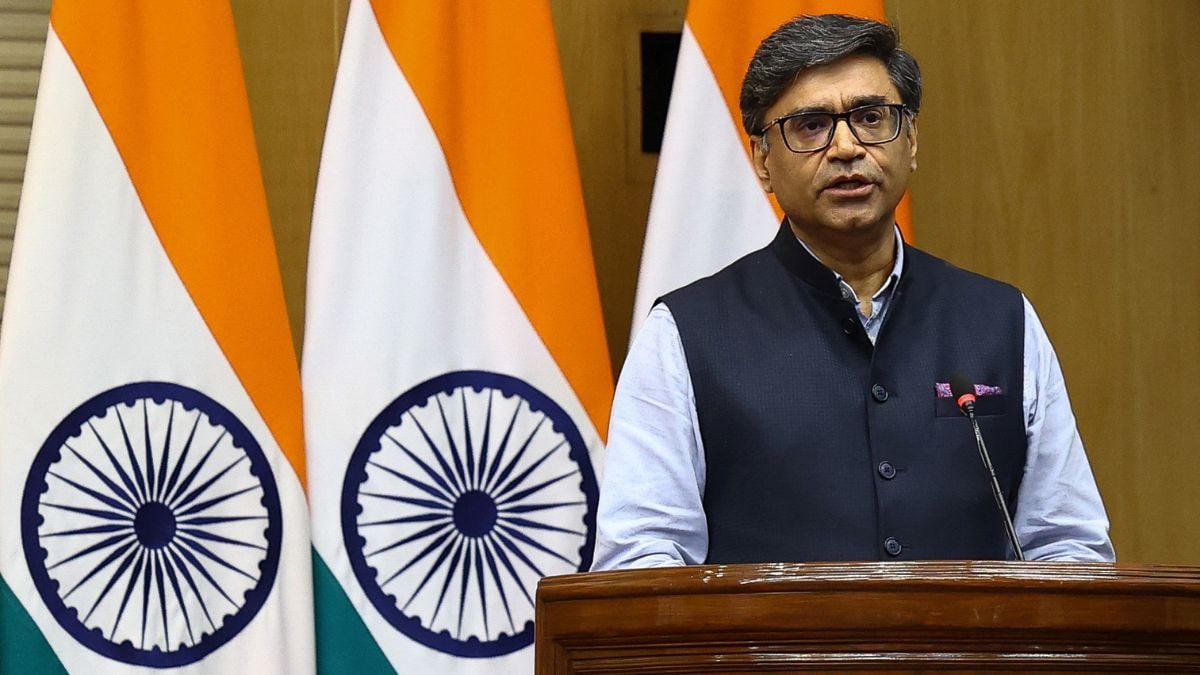

Foreign Secretary Vikram Misri is scheduled to brief the Parliamentary Standing Committee on External Affairs today, May 19, 2025, regarding the situation in the aftermath of the Pahalgam terror attack and the subsequent military operations. The meeting, led by Congress MP Shashi Tharoor, is expected to provide a comprehensive overview of Operation Sindoor and the recent tensions between India and Pakistan. The briefing is scheduled to take place at 4 PM.
The Pahalgam terror attack, which occurred on April 22, 2025, involved five armed terrorists targeting tourists near Pahalgam in Jammu and Kashmir, resulting in the deaths of 26 civilians. The attack, which mainly targeted Hindu tourists but also included a Christian tourist and a local Muslim, was carried out using M4 carbines and AK-47s in the Baisaran Valley, a popular tourist spot surrounded by dense pine forests. This event is considered the deadliest attack on civilians in India since the 2008 Mumbai attacks.
Following the attack, tensions between India and Pakistan escalated, with India accusing Pakistan of supporting cross-border terrorism. India launched Operation Sindoor on May 7, targeting terrorist infrastructure across the border. This retaliatory action led to several days of military confrontation before both sides agreed to halt hostilities on May 10.
Foreign Secretary Misri is expected to update the parliamentary panel on several critical issues, including the current state of diplomatic engagement with Islamabad, cross-border security challenges, and the broader implications for regional stability. His presentation will likely delve into how India is recalibrating its foreign policy priorities in response to the evolving security environment. He is also expected to brief the panel about sending seven delegations to 32 countries and the European Union in the next three weeks to campaign against Pakistan’s sponsorship of cross-border terrorism.
The Foreign Secretary's briefing is particularly significant, given the fragile nature of India-Pakistan relations and the strategic importance of maintaining both military readiness and diplomatic caution. The parliamentarians are expected to question Misri on the foreign policy initiatives undertaken by the government following the Pahalgam terror strike.
The 31-member panel includes prominent members such as Ravishankar Prasad and Sudhanshu Trivedi from the BJP, Deepender Hooda from Congress, Abhishek Banerjee from Trinamool Congress, Asaduddin Owaisi from AIMIM, and John Brittas from CPIM.
In response to the Pahalgam attack, India suspended the Indus Waters Treaty, expelled Pakistani diplomats, and closed borders. Pakistan retaliated by suspending the Simla Agreement, restricting trade, and closing airspace. The United States, according to some reports, played a key role in brokering the ceasefire between India and Pakistan.
The attack was claimed by The Resistance Front (TRF), believed to be an offshoot of Lashkar-e-Taiba (LeT). TRF initially stated that the attack was in opposition to non-local settlement in the region, but later denied involvement and blamed Indian cyber-intelligence for the reports.